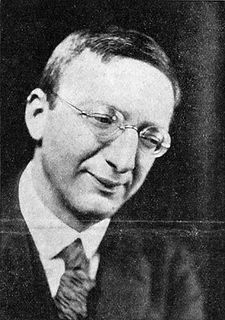A Quote by Ken Liu
The novel that an author writes is often not the novel that the reader reads, and most of the 'messages' in a novel are put there by the reader. There's nothing wrong with that, of course. That's how literature functions.
Related Quotes
You can't have a novel without real, believable people, and once you get into either too theoretical a novel or too philosophical a novel, you get into the dangers that the French novel has discovered in the past 50 or 60 years. And you get into a sort of aridity. No, you have to have real, identifiable people to whom the reader reacts in a way as if they were real people.
Most contemporary novels are not really "written." They obtain what reality they have largely from an accurate rendering of the noises that human beings currently make in their daily simple needs of communication; and what part of a novel is not composed of these noises consists of a prose which is no more alive than that of a competent newspaper writer or government official. A prose that is altogether alive demands something of the reader that the ordinary novel-reader is not prepared to give.
But to be perfectly frank, this childish idea that the author of a novel has some special insight into the characters in the novel ... it's ridiculous. That novel was composed of scratches on a page, dear. The characters inhabiting it have no life outside of those scratches. What happened to them? They all ceased to exist the moment the novel ended.
What is a novel? I say: an invented story. At the same time a story which, though invented has the power to ring true. True to what? True to life as the reader knows life to be or, it may be, feels life to be. And I mean the adult, the grown-up reader. Such a reader has outgrown fairy tales, and we do not want the fantastic and the impossible. So I say to you that a novel must stand up to the adult tests of reality.
I'm not entirely sure what a historical novel absolutely has to be, but you don't want a reader who loves a very traditional historical novel to go in with the expectation that this is going to deliver the same kind of reading experience. I think what's contemporary about my book has something to do with how condensed things are.






































